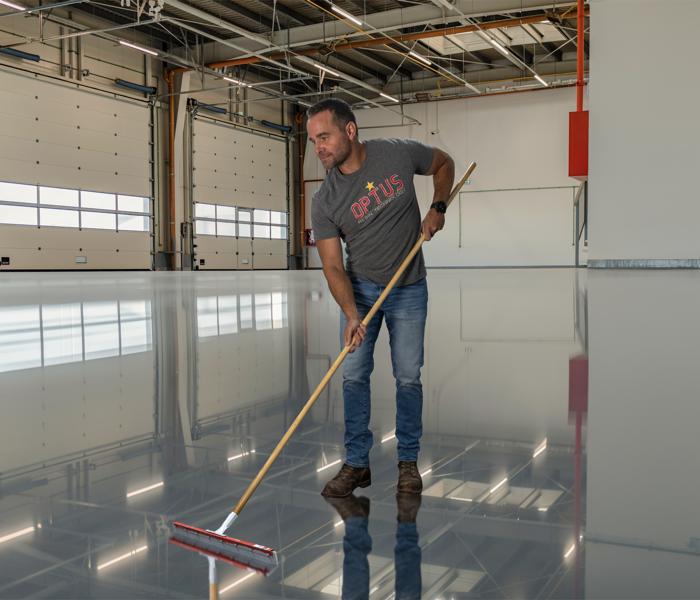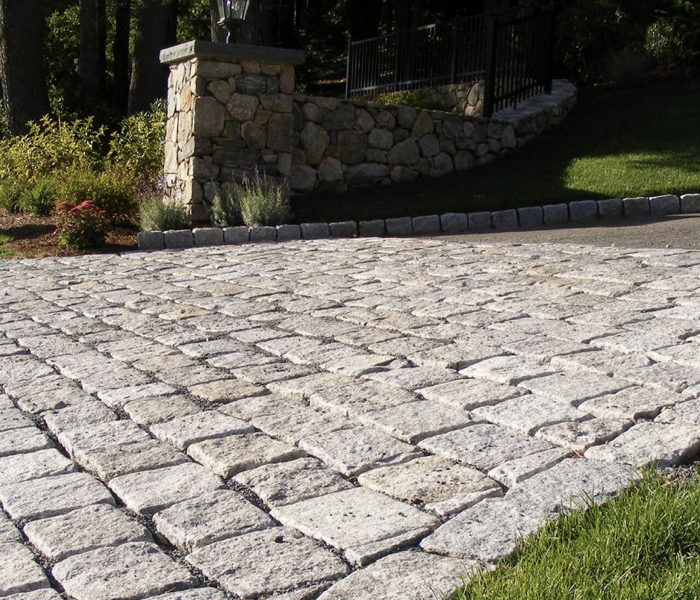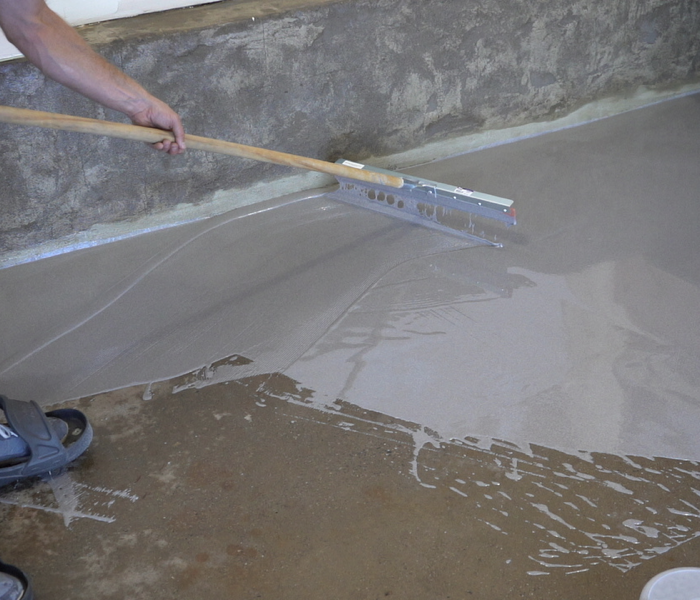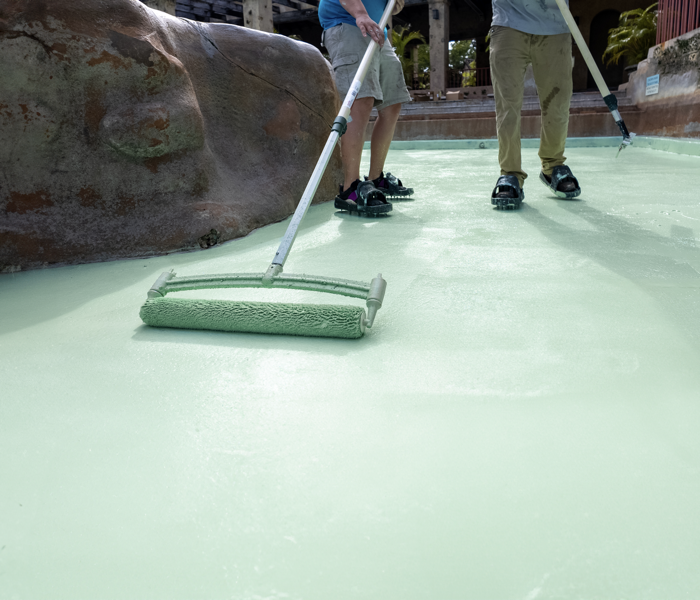
Wondering how long your resin can last? Epoxy resin has a minimum shelf life of 7 years with proper care. This blog will guide you through understanding and extending the lifespan of various types of resins.
Key Takeaways
- Epoxy resin can last up to a minimum of 7 years if stored correctly, but polyurethane resins might only last 3 months from the purchase date.
- Storing resin in cool, dry places away from sunlight and keeping containers tightly sealed helps prevent premature hardening and maintains its quality.
- Water hardness affects the lifespan of resin by causing buildup and clogging, while exposure to air, UV light, and humidity can decrease its shelf life.
- Checking the accuracy of resin pumps after long storage periods is crucial for proper functionality since seals and components may degrade over time.
- Addressing contamination quickly is important as moisture, dust, and foreign particles can significantly reduce the longevity of resins used in various applications.
Understanding Resin Shelf Life
Resin shelf life is influenced by various factors such as storage conditions and the type of resin being used. Different types of resins have different expiration dates and require specific storage recommendations to maintain their longevity.
Factors that Affect Resin Lifespan
Several factors determine how long resin products last. Understanding these can help you get the most out of your resin, whether for artistic projects, flooring, or other applications.
- Proper storage is crucial. Keep resin in a cool, dry place away from direct sunlight to prevent premature hardening.
- Exposure to air can lead to contamination and affect the shelf life of resin. Always seal containers tightly after use.
- Temperature fluctuations play a significant role. Extreme temperatures can cause resin to become unusable by speeding up the chemical breakdown process.
- The type of resin matters too. Epoxy resin can last a minimum of 7 years with proper care, while polyurethane resins might expire within 3 months from the purchase date.
- UV light affects certain resins like UV resin; prolonged exposure can degrade the material faster.
- Humidity levels impact resin stability; too much moisture in the air can introduce unwanted reactions with the resin components.
- Water hardness influences how well water softening resins function and their overall lifespan.
- The age of the product upon purchase matters as well; older products closer to their expiration date have less usable life left.
- Contamination from tools or surfaces during use can introduce impurities that degrade resin quality over time.
- Metering accuracy when mixing parts of multi-component systems ensures longevity; incorrect proportions hasten degradation.
Each factor collectively impacts how long your resin will maintain its desired properties before showing signs of deterioration or becoming ineffective for use.
Different Types of Resin and their Shelf Life
Understanding how factors such as storage conditions and exposure to elements can affect resin lifespan naturally leads us to explore the different types of resins and their respective shelf lives. This information is particularly useful for ensuring the longevity of resin products and applications.
| Type of Resin | Shelf Life | Notes |
| Epoxy Resin | Varies, up to a minimum of 7 years | With proper care and storage. Once opened, depends on maintenance. |
| Polyurethane Resin | As soon as 3 months from purchase | Some formulas expire sooner than others. |
| Solvent-Free Epoxies | Essentially unlimited | If stored in sealed containers. |
| UV Resin | Long-lasting with proper storage | Longevity affected by storage conditions and exposure factors. |
Each resin type offers unique characteristics and shelf lives that cater to various needs and applications. From the potentially unlimited shelf life of solvent-free epoxies to the more sensitive nature of polyurethane resins, understanding these distinctions is key to maximizing resin usage and maintaining its quality over time. Proper storage and care are crucial for extending the shelf life of any resin type, ensuring that the material remains effective for as long as possible.
Proper Storage Recommendations
To transition from discussing the different types of resin and their shelf life, proper storage recommendations are crucial in maintaining the longevity of resin products. Here are some key storage recommendations to ensure the extended lifespan of your resin:
- Store resin in a cool, dry place away from direct sunlight to prevent premature aging and degradation.
- Keep resin containers tightly sealed to prevent moisture from affecting its quality and durability over time.
- Avoid storing resin in areas with extreme temperatures or fluctuations, as this can impact its chemical composition and effectiveness.
- Consider using desiccants or moisture – absorbing packets within the storage containers to minimize exposure to humidity and moisture.
- Keep resin away from sources of heat and open flames to prevent any accidental ignition or degradation due to high temperatures.
These storage practices will safeguard the integrity of your resin products, ensuring that they remain effective for their intended purposes.
How Long Can Resin Last?
Resin can last for a long time, but the water hardness can affect its lifespan and accuracy of resin pumps should be checked after long storage. The duration before needing to change resin varies with different factors.

Impact of Water Hardness on Resin Lifespan
Water hardness significantly affects the lifespan of resin. The presence of high mineral content in hard water can accelerate the deterioration of resin, shortening its longevity. This is due to the minerals in hard water causing buildup and clogging within the resin, ultimately reducing its effectiveness over time.
Additionally, high water hardness levels can lead to scaling on equipment surfaces, affecting their performance and potentially decreasing overall system efficiency. To mitigate these issues and extend resin lifespan, it’s crucial to address water hardness through appropriate treatment methods such as softening or conditioning processes.
Checking Accuracy of Resin Pumps after Long Storage
Resin pumps should be checked for accuracy after long storage to ensure proper functionality. Over time, resin viscosity can change, affecting the pump’s accuracy. Additionally, seals and components may degrade during extended periods of inactivity.
It is essential to inspect and recalibrate resin pumps as needed before resuming operations to maintain efficiency and minimize material waste.
The condition of resin pumps after prolonged storage plays a crucial role in ensuring smooth operations. Properly maintained equipment contributes to consistent quality output and minimizes downtime due to malfunctions or inaccuracies.
Maintaining Resin Longevity
To maintain resin longevity, regularly inspect for any contamination and follow proper maintenance protocols for epoxy resin flooring. For more in-depth tips, dive into the full article.
Proper Maintenance for Epoxy Resin Flooring
- Regular Cleaning: Sweep or vacuum the floor to remove dirt and debris that can cause abrasion.
- Preventive Measures: Use doormats at entryways to minimize the amount of dirt and moisture tracked onto the floor.
- Spill Management: Clean up spills promptly to prevent staining or damage to the resin flooring.
- Avoid Harsh Chemicals: Use pH-neutral cleaners to avoid damaging the epoxy resin surface.
- Protect from Sharp Objects: Place protective pads under furniture legs and avoid dragging heavy items across the floor to prevent scratches.
- Routine Inspection: Regularly inspect the flooring for any signs of wear, damage, or discoloration
- Recoating as Needed: Consider recoating high-traffic areas if necessary to maintain a uniform appearance and protective finish.
- Professional Maintenance: Schedule periodic professional cleaning and maintenance to ensure optimal performance and longevity of the epoxy resin flooring.
- Addressing Wear and Tear: Promptly address any chips, cracks, or damage to maintain the integrity of the epoxy resin flooring over time.
- UV Protection: If exposed to sunlight, consider applying a UV-resistant topcoat to protect against yellowing or fading due to UV exposure
Impact of Contamination on Resin Lifespan
Contaminants such as moisture, dust, and foreign particles can significantly reduce the lifespan of resin. These impurities can compromise the chemical integrity of the resin, leading to degradation and reduced performance over time.
Proper handling and storage are essential in preventing contamination and preserving the quality and longevity of resin products.
This is especially true for epoxy resins used in flooring applications, where exposure to contaminants can lead to premature deterioration. Understanding how contamination impacts resin lifespan underscores the importance of maintaining a clean environment when working with or storing resin materials.
Conclusion
Resin longevity depends on various factors, including proper storage and maintenance. Different types of resin have different shelf lives, with some lasting longer than others. Factors such as water hardness and contamination can also impact the lifespan of resin.
It’s essential to check accuracy after long storage and be mindful of when resin may need changing. Maintaining resin longevity through proper care is crucial for ensuring its durability.
By following the recommendations outlined in this guide, you can ensure that your resin remains effective for its intended applications. And for those seeking high-quality resin products, consider Optus Resin for reliable performance and durability. With Optus Resin, you can trust that your projects will stand the test of time.
FAQs
Resin can have a shelf life ranging from 6 months to about 2 years, depending on the type like epoxy or polyester resin. It’s important to check if your resin has an expiration date for best results.
Yes, following storage recommendations for epoxy resin, such as keeping it in a cool and dry place, can help extend its shelf life. Proper storage prevents degradation and keeps the resin effective longer.
Absolutely! Epoxy resin flooring is known for its durability and can last anywhere from 10 to 20 years if properly maintained, making it a great long-term option for floors.
As resin ages, it may undergo degradation, deterioration, or decay which affects its performance. This means it might not cure properly or could become discolored over time.
Yes! Different types of resins like polyurethane and polyester have varying degrees of shelf life due to their unique chemical compositions. Polyurethane generally offers better resilience against aging compared to polyester resins.





